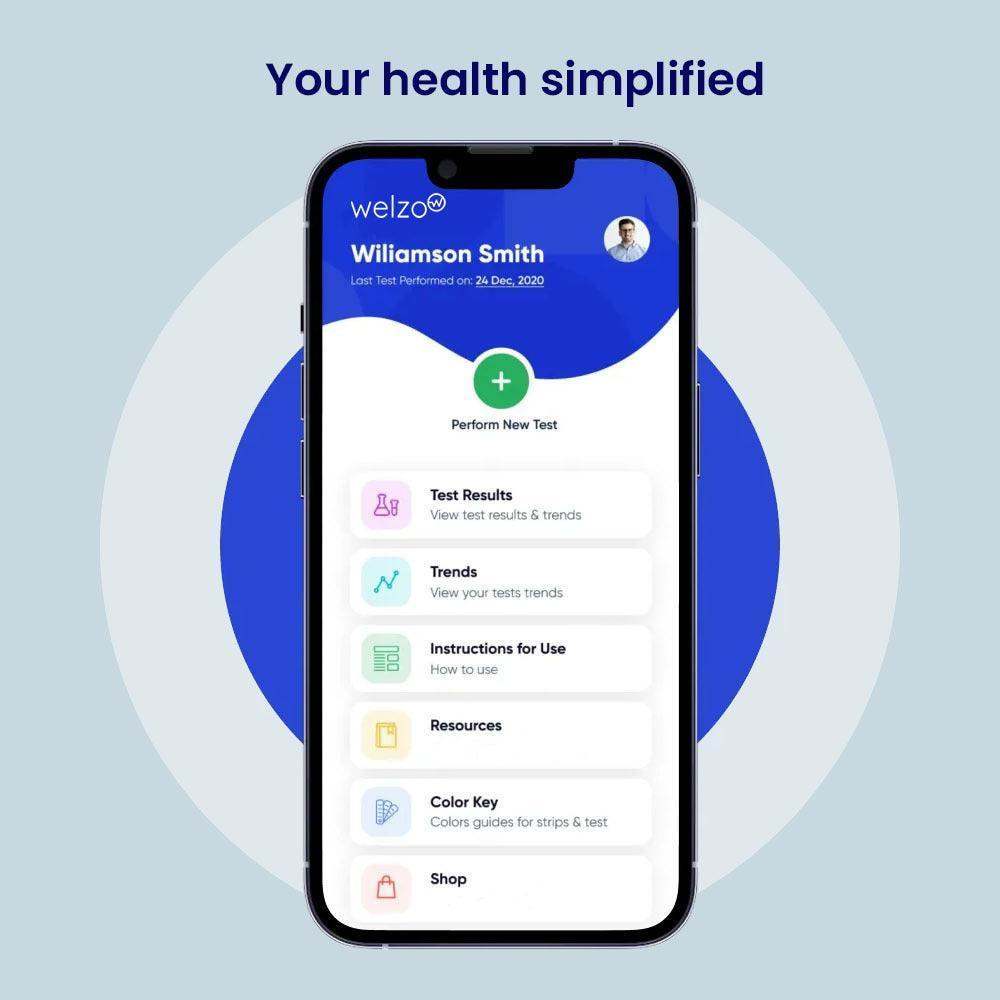Statin Follow Up Blood Test
The Statin Follow Up Blood Test is a convenient way of monitoring your cholesterol and statin levels, from the comfort of your own home.
- Total Cholesterol
- Total Protein
- Globulin
- Alkaline phosphatase (ALP)
- Bilirubin
- Triglycerides
- HDL % of total
- Non HDL Cholesterol
- Albumin
- Alanine transferase (ALT)
- Gamma-glutamyltransferase (GGT)
- Aspartate aminotransferase (AST)
- HDL
- LDL Cholesterol
The UK's Highest Rated Home Testing Provider
- Biomarkers
- Information
Total Cholesterol
Total Protein
Protein - Globulin
Liver health - Alkaline phosphatase (ALP)
Liver Health - Bilirubin
Triglycerides
HDL % of total
Non HDL Cholesterol
Protein - Albumin
Liver Health - Alanine transferase (ALT)
Liver Health - Gamma-glutamyltransferase (GGT)
Aspartate aminotransferase (AST)
High-density lipoprotein (HDL)
Low-density lipoprotein (LDL)
Symptoms of Statin deficiency
Additional Information
Why take the test
The Statin Follow Up Blood Test will check through the levels of vital cells and enzymes within the blood after an individual begins a Statin medication. The blood test will sample an important array of blood contents including Triglycerides, Bilirubin as well as the HDL and LDL cholesterol levels. A healthy balance of the cholesterol proteins within the liver, body tissue and other organs within the body is vital for the avoidance of cardiovascular problems. The Statin Follow Up Test will also check up on the health of the liver to ensure it is functioning properly or if there is evidence of damages or the presence of disease which will require further treatment. After the results of the blood test are complete, a report will be sent to our qualified doctors who will proceed to give advice for further treatment if needed.








How to take your Welzo Test
You're one step closer to discovering a healthier you! Taking your Welzo test from the comfort of home is simple and straightforward. Click the link below to learn more about how it works.





















 Rated Excellent by 26,523+ Reviews
Rated Excellent by 26,523+ Reviews